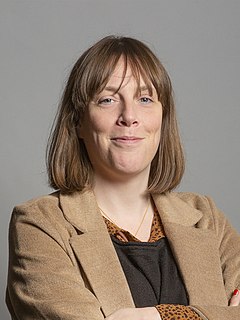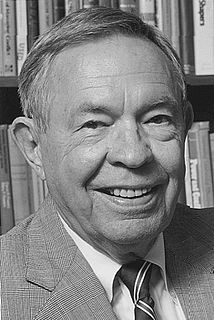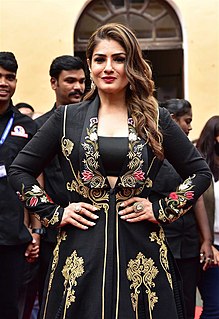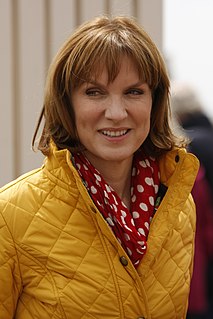A Quote by Ezekiel Emanuel
In the 1950s and 1960s, many parents were generally standoffish with their male children and acted as if they were raising a generation of would-be soldiers. I remember some of my friends' parents who would shake their children's hands at bedtime.
Related Quotes
As many conventionally unhappy parents did in the 1950s, my parents stayed together for the sake of the children—they divorced after my youngest brother left home for college. I only wish they had known that modeling their dysfunctional relationship was far more damaging to their children than their separation would have been.
Modern children were considerably less innocent than parents and the larger society supposed, and postmodern children are less competent than their parents and the society as a whole would like to believe. . . . The perception of childhood competence has shifted much of the responsibility for child protection and security from parents and society to children themselves.
Within forty years of their arrival in the Plymouth colony, the first white settlers were afraid their children had lost the dedication and religious conviction of the founding generation. Ever since, Americans have looked to the next generation not only with love and solicitude but with a good measure of anxiety, worrying whether they themselves were good parents, fearful that their children would not turn out well.
In 1990, when we started the Black Community Crusade for Children, we were always talking about all children, but we paid particular attention to children who were not white, who were poor, who were disabled, and who were the most vulnerable.Parents didn't think their children would live to adulthood, and the children didn't think they were going to live to adulthood. That's when we started our first gun-violence campaign. We've lost 17 times more young black people to gun violence since 1968 than we lost in all the lynching in slavery.
An adolescent does not rebel against her parents. She rebels against their power. If parents would rely less on power and more on nonpower methods to influence their children from infancy on, there would be little for children to rebel against when they become adolescents. The use of power to change the behavior of children, then, has this severe limitation: parents inevitably run out of power, and sooner than they think.
I think it's true about people now being closer to their parents, since the '60s, really. The parents are no longer from a different planet, the 1950s ideas of American family. We could be friends with our parents. After the '60s, it wasn't like a person smoking pot was what the parents would be appalled at.
Some parents were awful back then and are awful still. The process of raising you didn't turn them into grown-ups. Parents who were clearly imperfect can be helpful to you. As you were trying to grow up despite their fumbling efforts, you had to develop skills and tolerances other kids missed out on. Some of the strongest people I know grew up taking care of inept, invalid, or psychotic parents--but they know the parents weren't normal, healthy, or whole.
[17th-century] Puritans were the first modern parents. Like many of us, they looked on their treatment of children as a test of their own self-control. Their goal was not to simply to ensure the child's duty to the family, but to help him or her make personal, individual commitments. They were the first authors to state that children must obey God rather than parents, in case of a clear conflict.





































